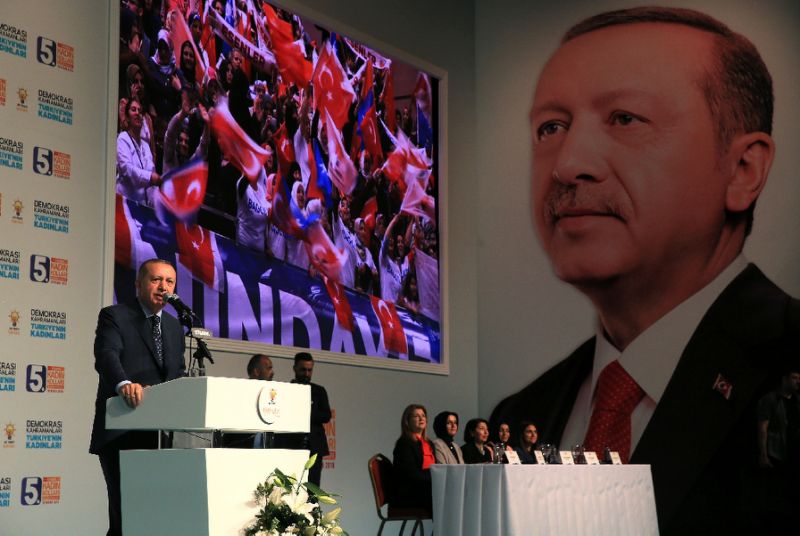Turkey’s main opposition party will later this week announce its candidate to challenge President Recep Tayyip Erdogan in June 24 polls, a spokesman said on Tuesday.
The opposition is scrambling to form a strong challenge to Erdogan with less than two months to the vote, after the Turkish strongman sought to outflank his critics by announcing the snap elections one-and-a-half years ahead of schedule.
The secular Republican People’s Party (CHP) will announce its candidate at a rally Friday morning at an Ankara sports hall, its spokesmen Bulent Tezcan told reporters.
There has been frenetic speculation over who the CHP will nominate as its candidate, with CHP leader Kemal Kilicdaroglu hinting it would not be him and observers generally at a loss to suggest an obvious name. Tezcan did not confirm if there was a consensus within the CHP on a candidate, saying only “we are at an important point.”
Its announcement comes after former president Abdullah Gul, a one time comrade of Erdogan who has now fallen out with the government, dashed expectations he could be a unity opposition candidate by saying he would not stand.
A challenge is also expected to come from nationalist politician Meral Aksener who leads the newly formed Iyi (Good) Party that split away from Turkey’s main nationalist formation after it formed an alliance with Erdogan.
Landmark in Turkish History
Registration for presidential candidates opened on Tuesday and they have until Saturday to give their names to the Central Election Commission (YSK). The first to submit his candidacy was the maverick leader of the small leftist nationalist Patriotic Party, Dogu Perincek.
The head of the conservative Saadet (Felicity) Party Temel Karamollaoglu, who had held intense talks with Gul to have him stand under its banner, also announced he would stand.
The pro-Kurdish Peoples’ Democratic Party (HDP) will also announce its candidate on Friday, its co-leader Sezai Temelli said, with its ex-chief Selahattin Demirtas in the frame despite being in jail since November 2016.
The June 24 polls, which will see parliamentary and presidential elections held on the same day, will be a landmark in modern Turkish history. After the elections, a new presidential system agreed in an April 2017 referendum and which critics claim gives the head of state authoritarian powers will come into force.
Should Erdogan win, he will receive another five-year mandate and allow him to press on with a transformation of Turkey that began when he first became prime minister in 2003.


